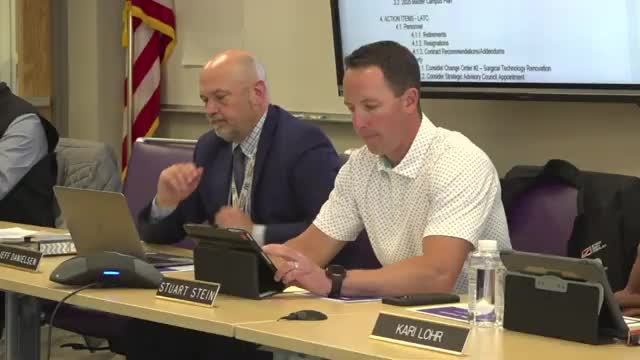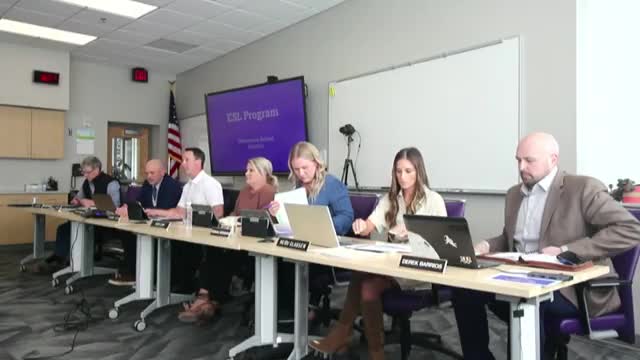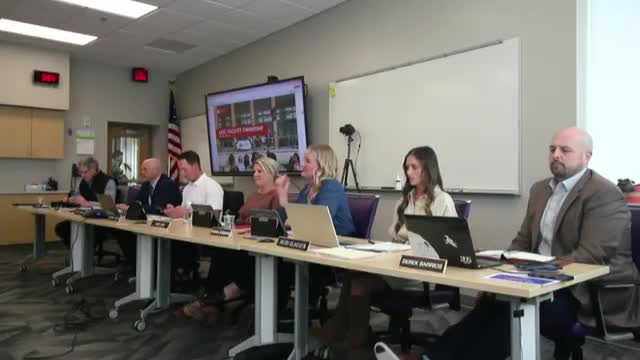Article not found
This article is no longer available. But don't worry—we've gathered other articles that discuss the same topic.

Watertown School District board approves personnel moves, contracts, construction changes and vendor bids

Watertown district outlines ESL screening, instruction and migrant program; about 140 students now enrolled in ESL

